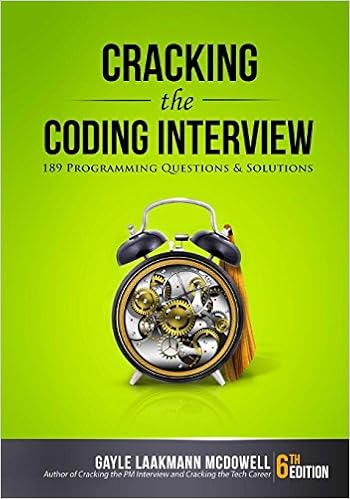In this post, I will be exploring the skills and knowledge that I have gained throughout the course, and how I will continue to apply these skills.
When I first joined the class, I was more ineffective at implementing my time. I started projects and did not work on them, causing myself to spend so much time catching up to work. Throughout this course, I learned valuable lessons to keep me not only on schedule, but also efficient when working. By using the tools and lectures in the course, I learned a lot about keeping on schedule and how to organize your time. In fact organizing your schedule would be one of the most effective strategies that I learned from this course. I always had problems scheduling my time to maximize the effort spent in my free time.
After some modules came up that focused on time organization, I began to see my time effectiveness increase exponentially over the course of the semester. In the beginning, I was always late with submissions and working with deadlines, but now I am always on time and I use tools like charting my time to keep me on schedule.
I learned that I have problems with motivation. However, I also learned that some things that you initially think are inherent problems can be fixed with the right technique. For example, I thought I was always going to have trouble with time efficiency and time management. However, I stopped using my time poorly and began to start keeping better track of my time.
I also learned the proper etiquette to writing an academic email. I never knew that there was so many rules, but the Resource:How to Write an Academic Email helped me. For example, making sure to include context for your message is a small thing that I often forget when writing emails to my professors. This lesson helped me to get all of the details correct.
I think that the interactions between students in this course has had a huge impact on my experience with this course. By the usage of comments and discussion boards, I felt the real human connection with my peers. Being able to communicate, read, and critique with others has improved my own writing. I learned that collaboration is very useful in keeping you in check. With others depending on you, keeping up with assignments becomes more incentivized.
I will always use the lessons that I learned in this class in my life. I learned invaluable life skills that are applicable to almost every aspect of the adult life. When I am out in the “real world” I hope that I will stick to the techniques and lessons that I learned in this great course. Being on top of things, and using electronic resources effectively will be very useful to my career field.
Some parting advice I have for all of you readers out there: “Always be thorough with your work.” By checking things over many times and paying attention to the details, you can be successful and efficient.

